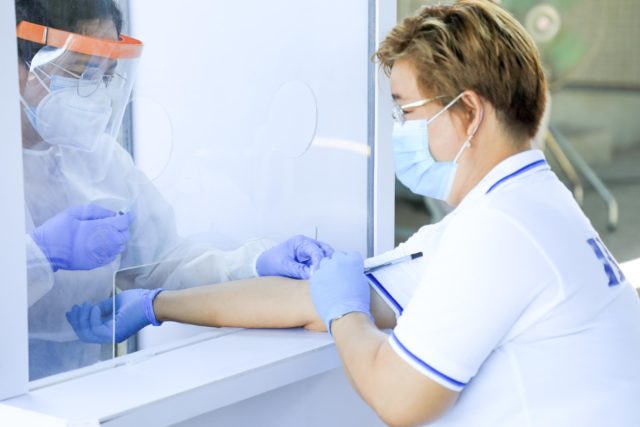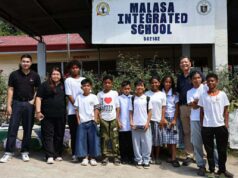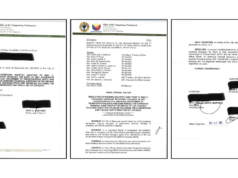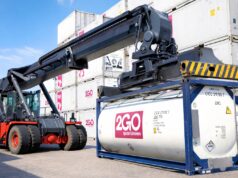INTENSIFIED SURVEILLANCE: Pre-selected individuals in a particular village undergo Rapid Antibody Tests conducted by the City Health Office on May 29, 2020. The activity is part of their pilot study on the use of RATs for increased surveillance and response in San Fernando, Pampanga.
One hundred pre-selected individuals from Barangay San Jose were tested using Rapid Antibody Tests (RATs) on Wednesday.
Dr. Renely P. Tungol, Incident Commander of the Incident Management Team and City Infectious Disease Coordinator, confirmed this saying it aimed to increase surveillance and response against COVID-19 in the City of San Fernando.
All of those tested were found to be negative for IgM and IgG but will be again tested after 14 days.
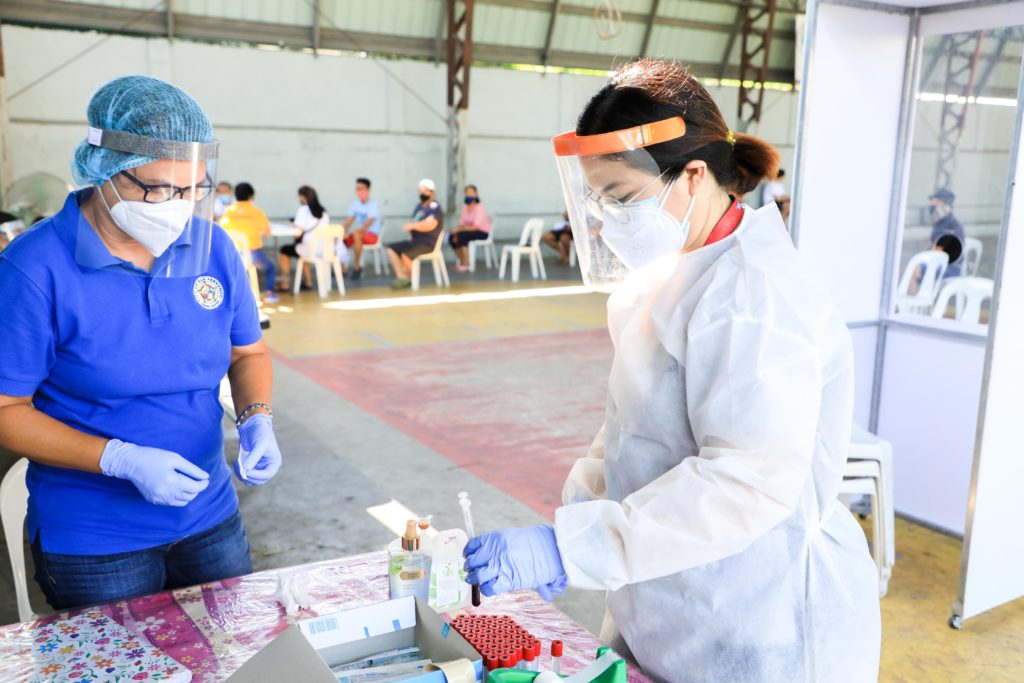
The study targets 500 randomly chosen individuals from five villages across the city to be tested with RATs to determine the prevalence of COVID-19 infections in high risk groups categorized as: senior citizens (60 years old and older); health care workers or barangay staff/personnel; workers in the food service industry operating during the enchanced community quarantine (ECQ); designated household members with quarantine pass; and, workers from other service industries operating during ECQ.
The five villages— Sindalan, San Agustin, San Nicolas, San Jose, and Northville —were selected based on the highest in terms of population density and poverty index.
Each participant answered questionnaires with demographic data, possible exposure, travel and social history, risk group, and clinical information pertaining to COVID-19.
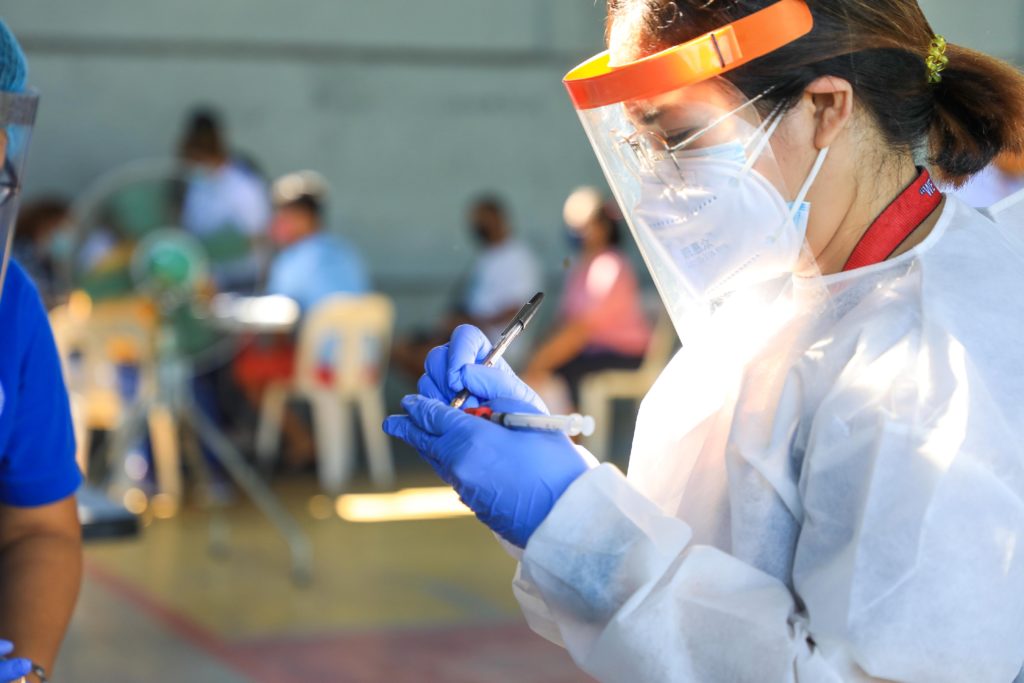
Thereafter, an initial RAT was done using capillary blood extraction. RAT testing and administration of a follow-up clinical questionnaire will be repeated after two weeks from the baseline test.
If the questionnaire indicates possible clinical signs and symptoms that make the individual a COVID-19 suspect, a RAT will be done but the patient will also be tested using RT-PCR. For those with positive tests for IgM and IgG, confirmatory RT-PCR tests will be conducted.
Regardless of RT-PCR or RAT result, the RAT will be repeated after two weeks from the baseline.
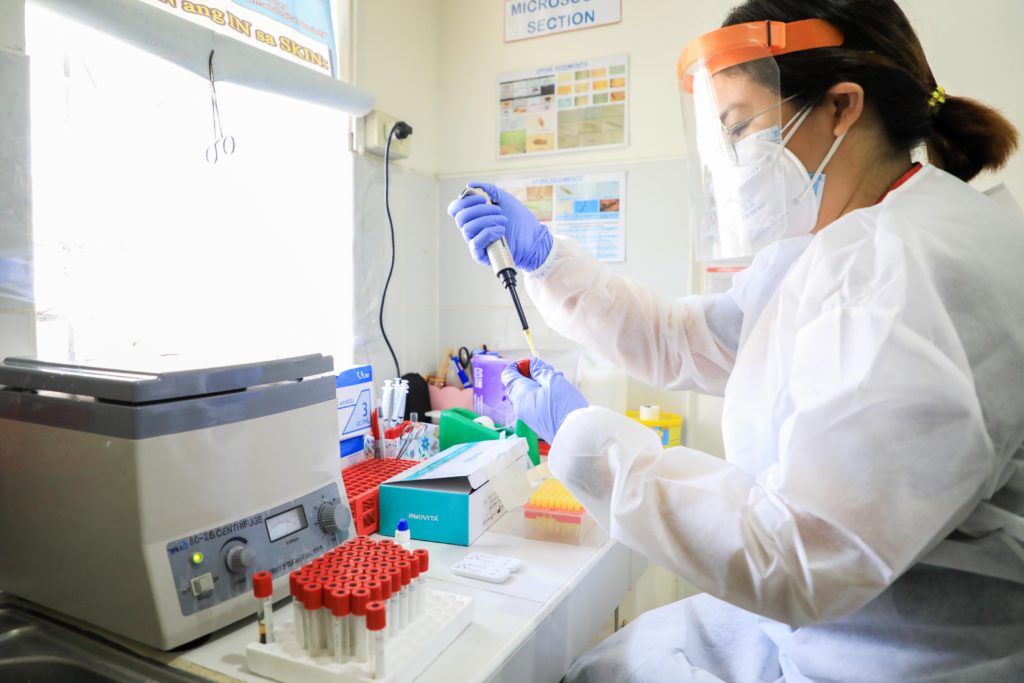
Further, five percent of the participants with negative RAT results, both on IgM and IgG, and not classified as a suspect via questionnaire, will be tested using RT-PCR for confirmation of negative status.
Tungol said this effort of active case-finding of possibly infected individuals, who would otherwise be missed, is essential in preventing the spread of COVID-19 in the city.
Through the process of investigation and questionnaire administration, COVID-19 suspect cases will be identified. The protocols of the city for suspect cases, reflecting Department of Health guidelines, will be used.
Isolation accommodations in either a community isolation or hospital setting and RT-PCR testing will be provided by the local government of CSFP.
Mayor Edwin “EdSa” Santiago supported the study.
“Let’s leave it to the expert, to our medical team. And as what I always say, identification of COVID-19 infections is the very first big step in containing the virus,” Santiago said.


